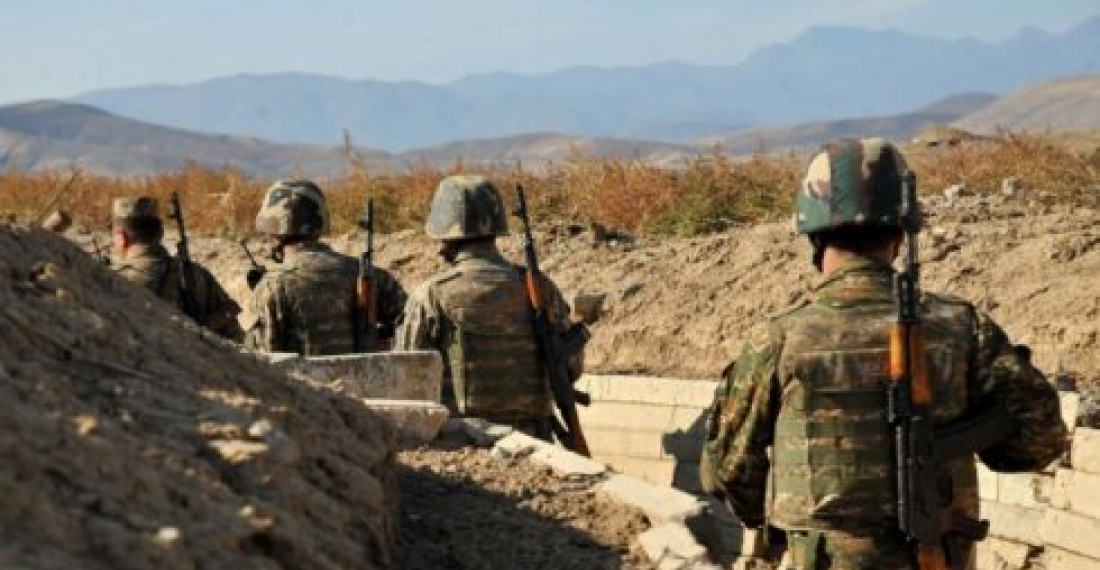Armenian sources say that an Armenian conscript soldier was seriously wounded by Azerbaijani gunfire on Sunday night (13 May). The casualty was named as Sergeant Shamkhal Petrosyan.
According to the Armenian sources the incident happened around 22.35 hours local time when the sergeant was on duty at an undisclosed military outpost. They add that the bullet went through the abdomen of the soldier who was hospitalized and underwent surgery. Doctors say the sergeant is in a serious condition.
Azerbaijan has not confirmed the incident, but the daily morning military bulletin issued by the Ministry of Defence accused Armenia of violating the cease fire 98 time during the previous twenty four hours. The bulletin said that Azerbaijani army's positions in Gaymagly, Gizilhajili, Jafarli and Bala Jafarli villages in Gazakh district were shelled from the Armenian army's positions located on unamed heights in Noyemberyan district, in Berkaber village and on unamed heights in Ijevan district.
Positions of the Azerbaijani army were also shelled from the positions located near the Armenian controlled Chilaburt village of Terter district, Nemirli, Shuraabad, Taghibeyli, Shikhlar, Bash Garvand, Javahirli, Garagashly, Saryjaly, Novruzlu, Yusifjanly, Marzili villages of Aghdam district, Kuropatkino village of Khojavend district, Ashaghy Veysalli, Gobu Dilagharda, Garvand, Garakhanbayli, Gorgan, Kurdlar, Horadiz villages of Fuzuli district, Nuzgar and Mehdili villages of Jabrayil district as well as from the positions located on unnamed heights in Goranboy, Terter, Aghdam, Khojavend and Fuzuli districts, the Azerbaijani military bulletin says.
Both sides regularly accuse each other of cease fire violations.
Commonspace.eu reports cease fire violations from secondary sources and we are not in a position to confirm or otherwise these reports.
Source: commonspace.eu with Armenpress.am and APA.az







